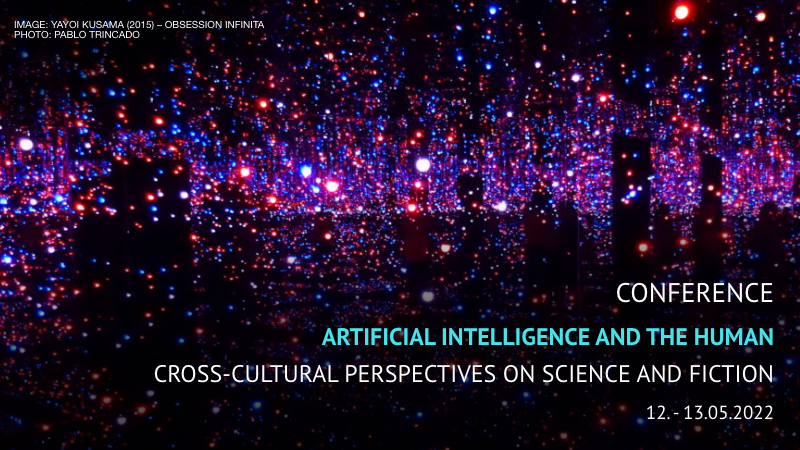
A media theory of the humanoid robot – Artificial intelligence in Japanese and European interpretations
Machines that are capable of learning and making independent decisions, that communicate with us or are even said to develop their own consciousness – the ideas about artificial intelligence (AI) often conflate the reality of these technologies with the fictional renditions of how our future with them might someday look like. These fictions, potentials and scenarios are often meant to give societal guidance while at the same time evoking hopes, risks, solutions and expectations in connection with technological progress.
In the discourses on intelligent, even sentient machines, it is humanoid robots that emerge as no less than a mirror of humanity: fundamental questions surrounding our consciousness, free will and autonomy are posed anew, including the very basic understanding of how we think, act and feel. AI technologies materialise anthropological and philosophical concepts that tend to be heavily shaped by European traditions of thought.
It is exactly because AI concepts and discourses are in no way universal but depend on the contexts of their formation, that cross-cultural perspectives and comparisons are of utmost importance. This is why the project particularly looks at humanoid robots in Japan with the objective of uncovering the multiple realities of artificial intelligence – between science and fiction, East Asian and European concepts. As part of this work, the Japanese Society for the Promotion of Science (JSPS) funded a research stay at the Cognitive Science Lab of Waseda University in Tokyo from January to October 2020.
Artificial Intelligence and the Human
Click here for more information
| Duration | since September 2018 |
| Sponsors | Japanese Society for the Promotion of Science (JSPS) & self-financing |


